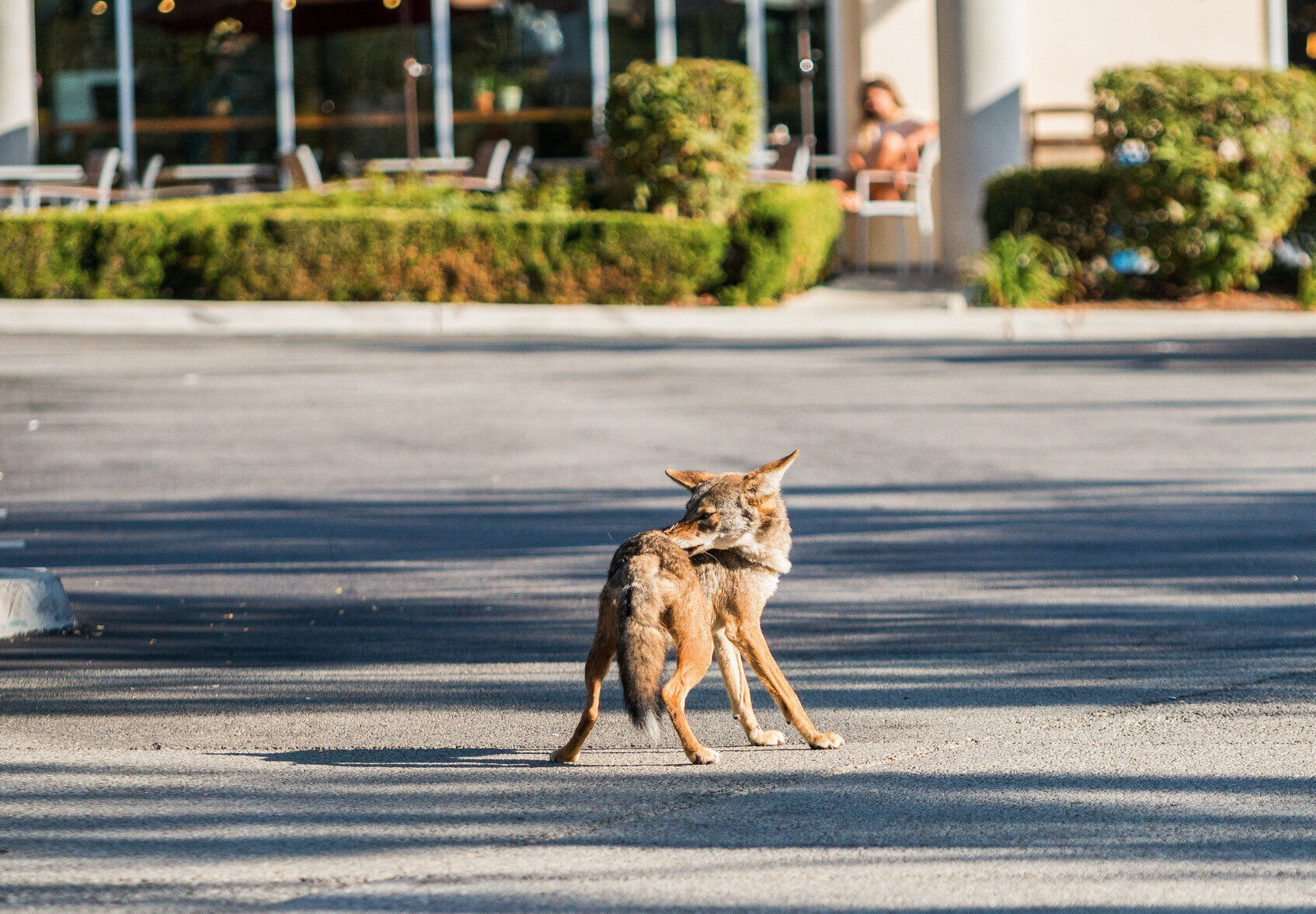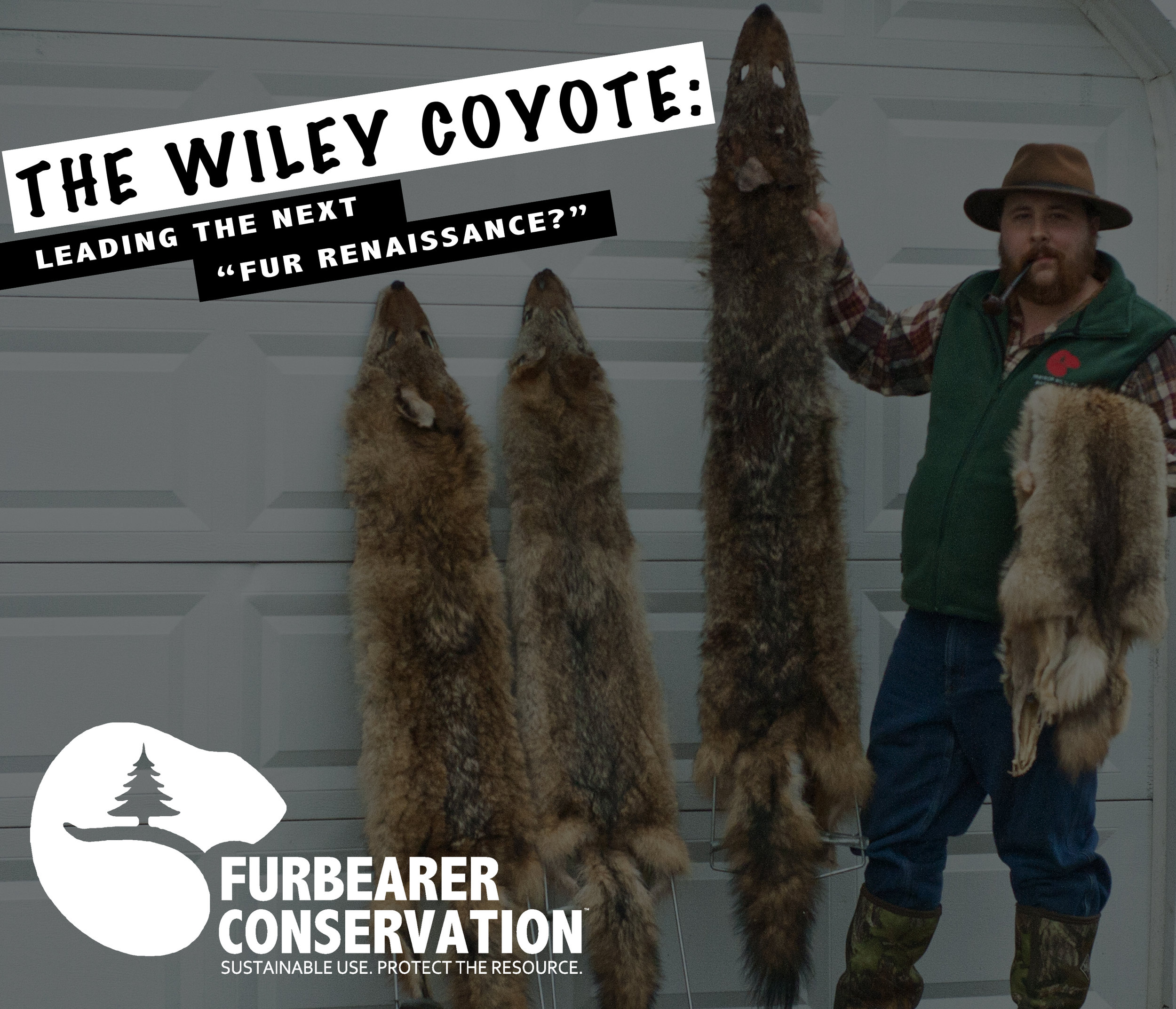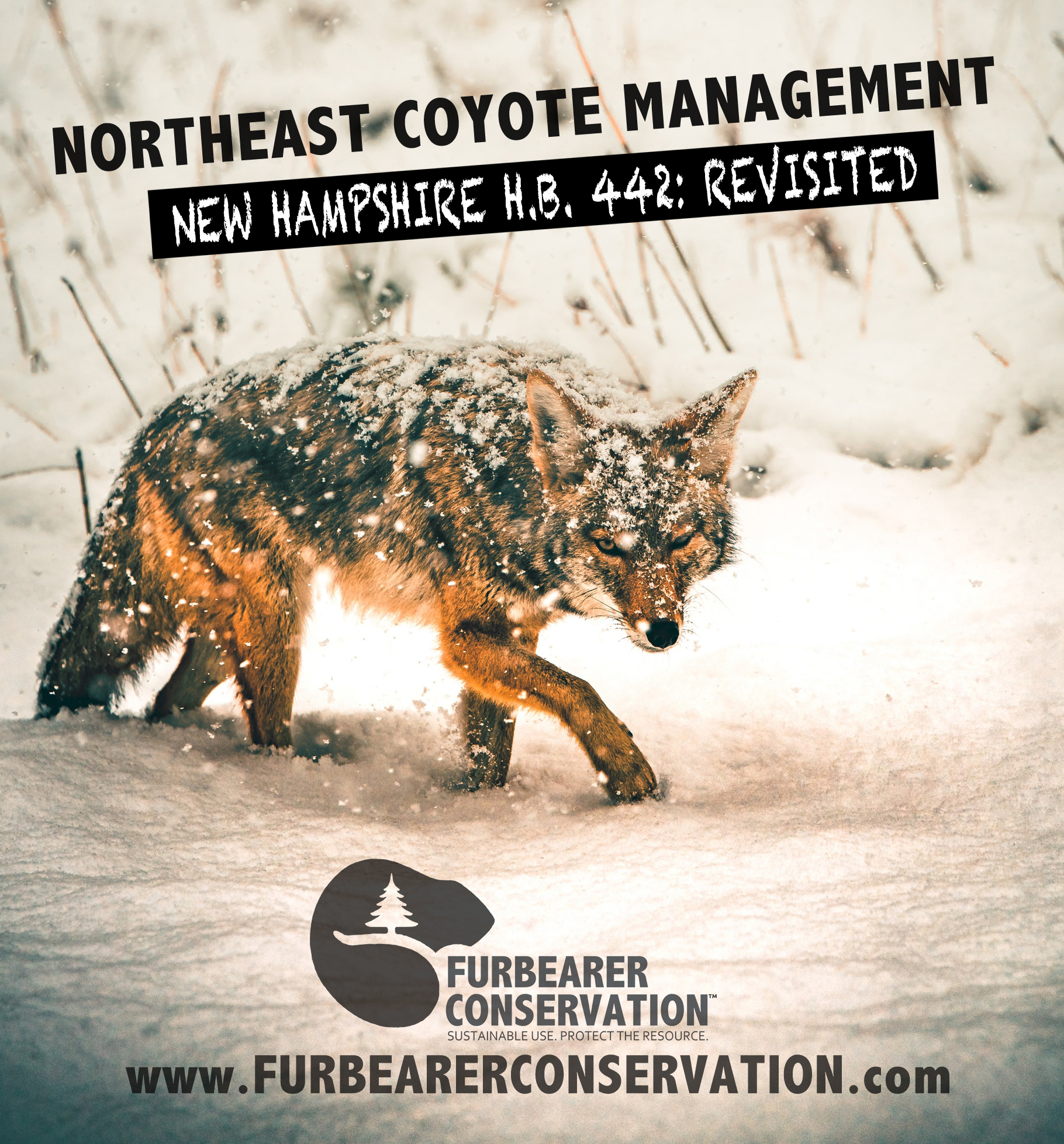The Massachusetts Division of Fisheries and Wildlife (MassWildlife) hosted its last public listening session on coyote hunting practices this month. The final session, one of four total that were scheduled around the state, was held in Buzzards Bay - a popular part of the state for local coyote hunting. The public hearings were organized by the state’s wildlife agency as a preemptive response to criticism about coyote hunting contests, and more importantly, the direction of future management of the wild canids.
The final listening session on June 8th comes just days after Vermont’s Fish and Wildlife board voted against a petition that demanded a closure to the current year-round hunting season on coyotes. It also comes mere months after the majority of New Hampshire’s bi-partisan legislature voted to kill a bill mandating the same closed coyote hunting season in the Granite State.
In New Hampshire’s case, the dust hadn’t even totally settled from the legislative bill before another petition was submitted to the NH Fish and Game Department last month, which demands a formal coyote hunting report form be mandated for all hunters who pursue coyotes. The same circle of hunting critics vow to bring more coyote legislation when the state’s House and Senate are back in session. The Fish & Game Commission has yet to make a formal ruling on the petition.
For those that haven’t picked up on the trend, both Vermont and New Hampshire lie just north of the Massachusetts border; and it’s no coincidence that the same network of animal rights activists have applied pressure to each state’s game agency and political landscape with regard to predator management protocols.
Dave Wattles, furbearer biologist for MassWildlife, says there are currently 9,500 to 11,500 coyotes across the state, with about 650 to 900 of them living on Cape Cod alone. Around 750 of those coyotes were hunted statewide this year, with 122 of that tally taken from the Cape.
Wattles notes the state’s wildlife professionals don’t believe the level of coyotes taken by way of hunting will affect the coyote population adversely - a statement that seems to echo throughout the halls of neighboring state agencies.
Vermont Fish & Wildlife’s furbearer biologist, Kim Royar, gave similar statements to local reporters in the case of the Green Mountain State’s coyote hunting petition; affirming that VF&W would recommend changes to a hunting season if it was believed to be a risk to the overall population.
Royar took her statements with local media a step further, to suggest the constant onslaught of criticism for hunting regulations detracts from real conservation concerns - such as climate change and habitat loss.
“Every few months now, we have another topic that’s creating polarization,” she said.
The trend seems to resonate from state to state in New England - as well-funded antagonists against predator hunting push to pry wildlife management endeavors from the hands of professionals across the region. The current pattern appears to lateral the “predator management football” into the hands of politicians - where the popular vote trumps biology.
Its a model that has been successful in other parts of the country - seeking to sideline wildlife management professionals, and turn wildlife conservation into a spectator sport.
With the thriving abundance of canis latrans var throughout New England, the question neutral parties should be asking themselves is whether a war on coyote management is more imminent than the perceived war on coyotes.
Coexistence or Political Commingling?
The criticism for predator management is typically coupled with the notion that coexistence with coyotes is the inevitable one-way solution. Albeit, while one should think it poor taste to promote the “kill ‘em all” attitude, I’m also not so quick to put the Eastern Coyote on a God-like plane of mammalian superiority. Like most topics in the wildlife management world, there can be “too much of a good thing”.
A pair of coyotes trot past a home in Massachusetts. (Photo | George Holmes)
The coyote doesn’t settle for inner self-reflection and question whether its population abundance poses a potential threat to the world - it knows but three laws of nature: eat, survive, repeat. Nature’s checks and balances are brutally honest - and ghastly unpredictable. Think disease, starvation, predation, and competition for limited resources. And the coyote has proven it won’t go down by “nature’s ways” quietly.
In the not-so-distant past, Connecticut, which lies just south of Massachusetts, implemented a closed coyote hunting season amid similar criticism of the state’s once “robust” open season. State wildlife professionals ended up going back to a year-round hunting season shortly after; when increased conflict with the wild canids drove alternate ire about the change.
I’ll beat another repetitive drum to make my point.
The Canadian province of Quebec, which lies just north of New Hampshire and Vermont, continues to contend with an abundant coyote conflict issue throughout its largest city - Montreal.
The city is in the midst of 19 coyote attacks on people in the last 3 years - forcing the city to implement an experimental hazing program of its own. This doesn’t include the close calls, domestic pet depredation, and other unreported encounters. Needless to say, coyotes aren’t “regulating” their own populations in Montreal - they’re adapting to survive; and executing it flawlessly in the alleyways of the city.
Back in New England, conflict with an ever-adapting coyote population and a swelling human expansion continues to steadily increase.
Unlike neighboring states, Massachusetts already has a closed coyote hunting season - which runs from mid-October to March. Also unlike neighboring states, Massachusetts seems to share the brunt of coyote conflict in the region, according to an endless stream of searchable media reports.
While the MA Division of Fisheries & Wildlife lists a limited trapping season, the use of foothold traps was banned by an animal rights-fueled voter referendum in the 1990’s - thus effectively ending the primary take of coyotes by way of trap in the Commonwealth.
Although the limited hunting season is in place, dense housing and heavy restrictions seem to greatly shrink access for hunters and wildlife control trappers - the question remains; are those restrictions too strict?
One could deduce that (similar to the proverbial snares of suburban obstacles in Montreal) the state of Massachusetts is quickly becoming the next wildlife experiment for an expansive coyote density.
The question is, how do we continue to live among what has become, for lack of a better term, an evolutionary unprecedented apex predator?
Moreso, is society willing to swap a fur bearing resource for a prolific pest to satisfy the cult-like notion that coyotes “don’t need management”.
Are the majority of suburban citizens living among an adapting coyote population ready and willing to bang pots and pans and toot air-horns with every questionable coyote encounter? Where do we, as a human species, draw the lines between the understandable concept of coexistence, empathy for our own territorial space, and general public safety?
The given status of coyote abundance would suggest the tenants of regulated hunting remain successful today - we offer opportunity to hunt and trap some coyotes, and this maintains a healthy, and more importantly, manageable level of individuals. Similar to Kim Royar’s comments above, does the hyper-focus on charismatic canids detract from other imperiled species in need of our real attention? How many of those imperiled species are a potential prey of those abundant coyotes?
Not all New England states are content with the non-lethal approach as the only tool in the predator management war-chest. Maine, which lies just west of New Hampshire’s border, has recently ramped up predator control initiatives to assist with what officials say is an extremely weakened white-tailed deer population in the northern half of the state. Despite criticism from the same protectionist mindset, Maine’s headstrong coyote management program currently appears to be working, according to the locals.
The topic of coyote contests and year-round hunting have become about as polarizing as you can get. Amid the other questions presented in this column, one must ask if these topics are where the debate in predator management will end? The actions of protectionist groups seems to suggest it’s just the beginning of a bigger endeavor. I digress.
Regardless of how we decide to manage our predatory wildlife, those involved should remeber moderation is key - and we should promote healthy and sustainable predator populations, rather than a survival-driven overabundance of an incredibly resilient wild canid.










An animal rights group in New Hampshire has petitioned the state’s Fish and Game Department over regulations for the hunting of coyotes in the state. The petition comes just a month and a half after the state’s legislators rejected a House Bill seeking to restrict coyote hunting in the state.